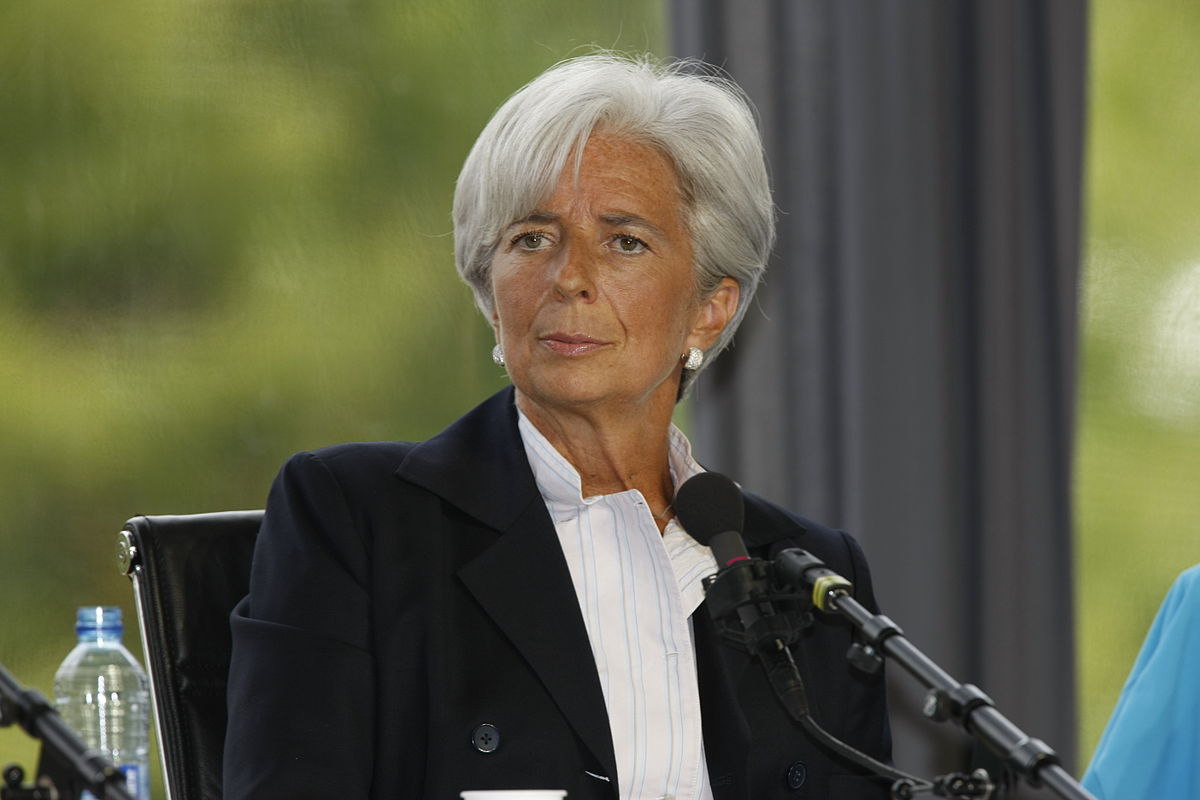In a blog post on Wednesday, Lagarde provided a brief list of factors that raise concerns about vulnerability of the global financial system. According to her, too many banks, especially in Europe, remain weak and need more capital. At the same time, increasing the size and complexity of institutions means that risks of systemically important banks remain.
"Perhaps most alarming is that regulators are facing significant pressure from the industry, which is in favor of abandoning post-crisis regulatory rules," wrote the IMF head.
Lagarde noted that most economists could not predict the 2008 crisis without noticing the alarming signs that now seem obvious, including "insane" risk taking by banks, lower lending standards and excessive reliance on short-term financing.
"The consequences of the crisis - heavy economic costs borne by ordinary people, combined with anger from the fact that banks are fleeing, and bankers enjoying impunity, while real wages continue to stagnate - are among the key factors explaining the negative reaction to globalization, especially in advanced economies, and undermining confidence in the government and other institutions," Lagarde said.
In August, the head of the Bank for International Settlements, Agustín Carstens, warned that not only tensions in world trade may slow economic growth, but also jeopardize globalization itself.
The reversal of globalization "can lead to higher prices, increased unemployment and a slowing [economic] recovery," Carstens said at a symposium of economists and representatives of the world's central banks in Jackson Hole.
Protectionism also threatens to "cause turmoil in financial markets and slow down the investment of companies, as investors fear, and financial conditions become tougher," said the head of the BIS.
"These risks for the real sector of the economy and financial markets can strengthen each other, creating an ideal storm," he said.
source: bloomberg.com
"Perhaps most alarming is that regulators are facing significant pressure from the industry, which is in favor of abandoning post-crisis regulatory rules," wrote the IMF head.
Lagarde noted that most economists could not predict the 2008 crisis without noticing the alarming signs that now seem obvious, including "insane" risk taking by banks, lower lending standards and excessive reliance on short-term financing.
"The consequences of the crisis - heavy economic costs borne by ordinary people, combined with anger from the fact that banks are fleeing, and bankers enjoying impunity, while real wages continue to stagnate - are among the key factors explaining the negative reaction to globalization, especially in advanced economies, and undermining confidence in the government and other institutions," Lagarde said.
In August, the head of the Bank for International Settlements, Agustín Carstens, warned that not only tensions in world trade may slow economic growth, but also jeopardize globalization itself.
The reversal of globalization "can lead to higher prices, increased unemployment and a slowing [economic] recovery," Carstens said at a symposium of economists and representatives of the world's central banks in Jackson Hole.
Protectionism also threatens to "cause turmoil in financial markets and slow down the investment of companies, as investors fear, and financial conditions become tougher," said the head of the BIS.
"These risks for the real sector of the economy and financial markets can strengthen each other, creating an ideal storm," he said.
source: bloomberg.com





